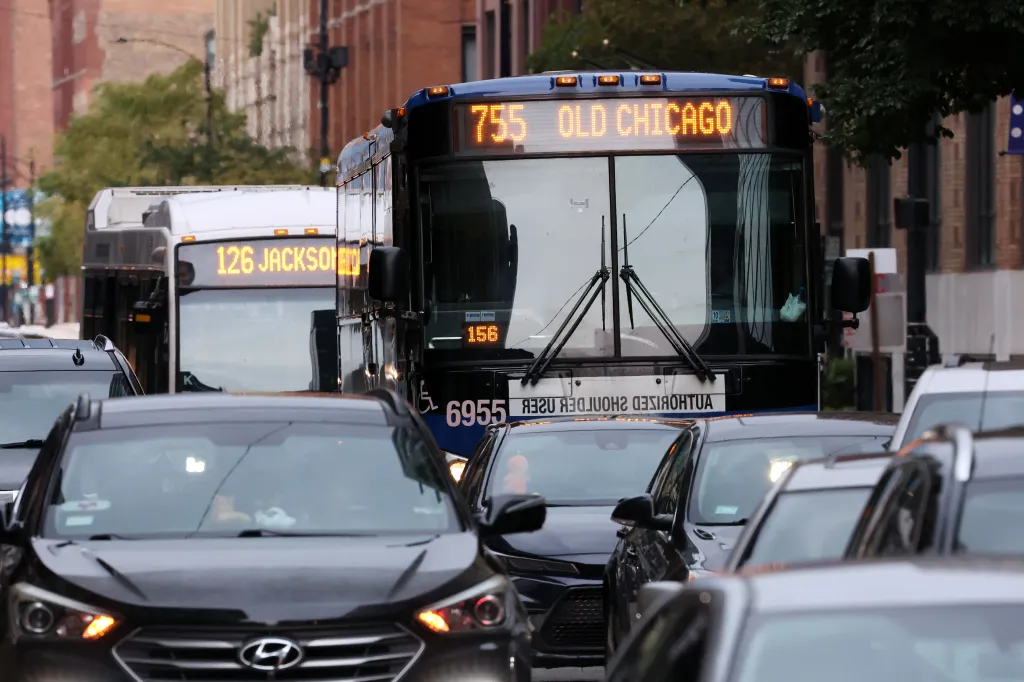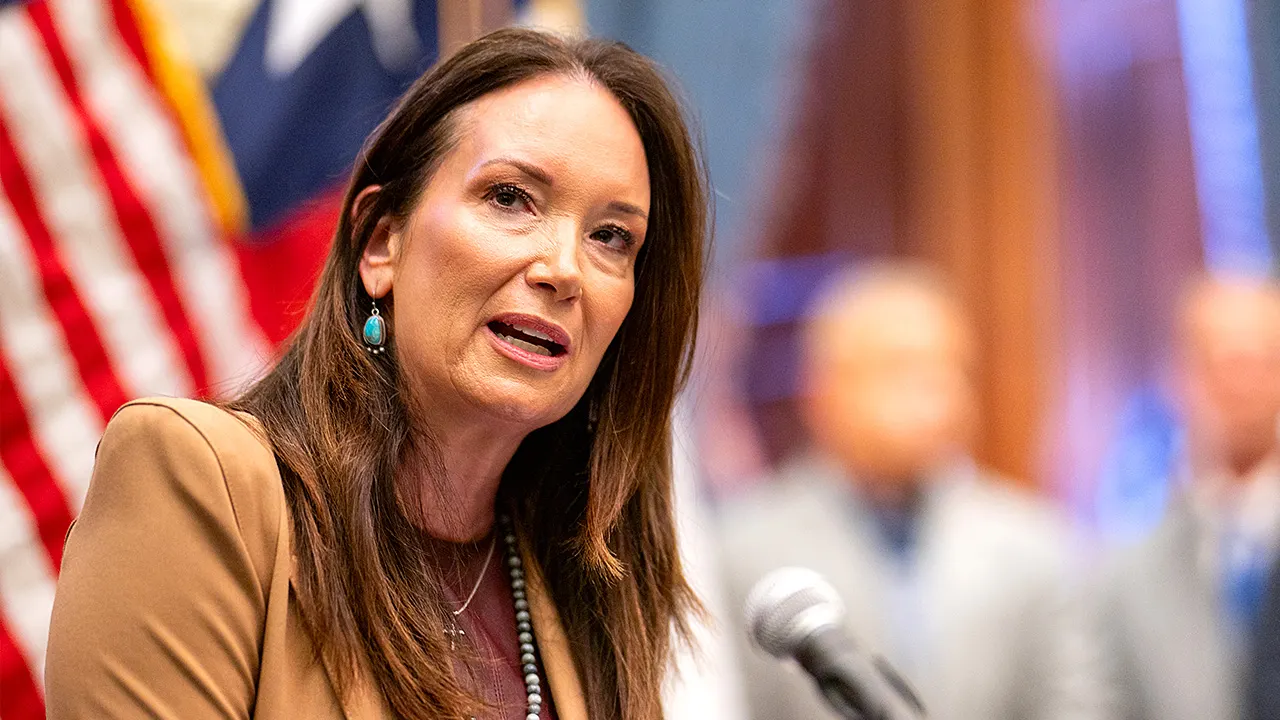Copyright Chicago Tribune

Three years ago, the Regional Transportation Authority warned that Chicago’s regional transit system was heading toward a fiscal cliff. Since then, every other major state with a large urban transit system has stepped up to fund their systems, which are all facing similar crises — except Illinois. The problem isn’t one of mismanagement. It’s chronic underfunding. Illinois ranks last among peer states in state support for public transit, covering just 17% of costs while most states fund 40% to 50%. Since 2014, Springfield has cut more than $400 million in transit resources even as the state budget has ballooned by $20 billion. The consequences are real. The state reimburses just 4% of the RTA’s $250 million annual cost for Americans with Disabilities Act paratransit service and less than 20% of the $100 million for free and reduced fares for seniors and people with disabilities. Those unfunded mandates make up a large portion of the fiscal gap facing our region’s transit system. Transit isn’t a Chicago issue — it’s an Illinois issue. The RTA’s six-county region drives 74% of the state’s economic activity, supports 175,000 jobs and generates $1.66 billion in annual state tax revenue. Every $1 invested in transit returns $4 to the Illinois economy. Without Metra alone, the state would need to add 26 expressway lanes to handle the same commuter load — something no one wants to pay for or sit in. Transit also keeps our communities connected and is one of our strongest economic equalizers. In Chicagoland, public transit is the “yellow school bus” for thousands of students. It connects residents from every neighborhood to opportunity — to jobs, classrooms and health care — all without the crushing cost of a car. For the average commuter, transit saves about $12,000 a year compared with driving. It’s also a climate solution. Cars account for 70% of transportation emissions, while the entire CTA, Metra and Pace system produces only 2% to 3%. Without robust transit, we’d add half a million metric tons of carbon dioxide each year — the equivalent of putting 100,000 more cars on the road. Our agencies have done their part. The RTA has earned top credit ratings, maintained one of the lowest operating costs per mile among our peers and received the Government Finance Officers Association’s highest award for 30 consecutive years. We’ve never had a service shutdown — not even through Chicago winters with aged equipment. I am a lifelong CTA and Metra rider and transit advocate. Often, I commute on Metra cars delivered when Dwight D. Eisenhower was president. While I wish we had the resources to replace all our aging equipment, I am incredibly proud that our region’s transit system is cited as the most efficient in the country and that we were able to collectively delay the current fiscal cliff’s impact on riders through careful use of funds. I have supported rider-focused governance reforms publicly and consistently, but we are not facing an issue that tweaks to governance are going to solve. Facing the fiscal cliff is going to require lawmakers to take tough votes to solve what is and always has been a funding crisis. The RTA’s Transforming Transit proposal offers a smart path forward: stronger oversight, better coordination and a commitment that new dollars will go directly to service — not bureaucracy. That means more buses, more trains, cleaner stations and more frequent service. Frequency is freedom: When you can show up knowing your bus or train will arrive soon, you’re more likely to ride. It is also what riders have told us is their top priority in survey after survey. Illinois lawmakers have a clear choice. They can let transit decline through inaction or they can invest in a system that keeps our economy moving and our communities thriving. As I always say: Where transit goes, the economy and communities grow. Springfield must act now — because when transit succeeds, Illinois succeeds! Kirk W. Dillard is chair of the Regional Transportation Authority in Chicago.



